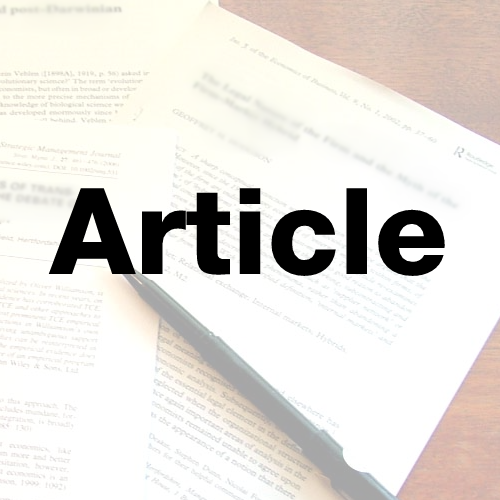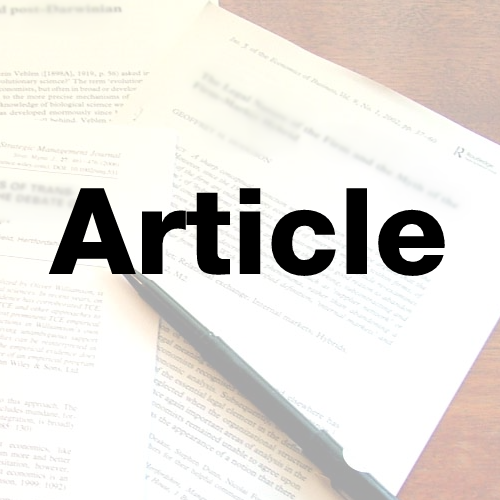Description
The Pope’s environmental manifesto and its challenge to business
John Weaver finds that Pope Francis sees climate change as most affecting the poor, whereas the solution lies with the developed economies. While criticising multinationals, the Pope affirms work as a setting for giving glory to God
Introduction In June 2015 Pope Francis presented an exhaustive encyclical to all the churches of the Roman Catholic communion, Laudato si’, mi’ Signore – ‘Praise be to you, my Lord’. In it he affirms that all species give glory to God, who cares for each one (Luke 12:6, Matthew 6:26). The Pope recognises the seriousness of the global environmental crisis and draws out its implications for the world’s poor and disadvantaged. He identifies the human causes, and lays the blame fairly and squarely on the activities of the developed world.
This hard-hitting paper from the Pope is a welcome contribution to the climate debate in the run-up to the Paris Climate Change Conference November 30 – December 11 2015, although it may make uncomfortable reading for some businesses and global multi-national corporations based in the western industrialised world.
The Pope holds out the positive challenge for the contribution that the real economy can make through diversification and improvements in production, which helps companies to function well, and enables small and medium businesses to develop and create employment.
The Context for this encyclical With St Francis as his inspiration the Pope expresses his concern about our common home and the need for global, sustainable, integral development. He challenges us to avoid the short-term outlook that has dominated politics, and calls for a new political will.
He maintains that the destruction and wanton disregard for the environment is both a sin against ourselves and against God.
He outlines the scientific consensus and develops the thesis of the climate as a common good or a global common. In rehearsing the scientific observations of drought, flood, loss of rainforests, reduction in biodiversity, aquifers, coral reefs and glaciers he challenges the developed world to see the impacts on the poor in the form of water poverty, declining crop yields and crop failure. Some of the water shortages in the developing world result from the control of water by large multinational businesses. Overall poverty, food and water shortages may become a major source of conflict. These demonstrate global inequality and injustice, and threaten the breakdown of society. It has been observed that there is a coincidence of areas affected by climate change with those of conflict and unrest.
The Pope observed that world leaders were failing to hear the cry of the earth and the cry of the poor, and he urged developed countries to limit consumption…





